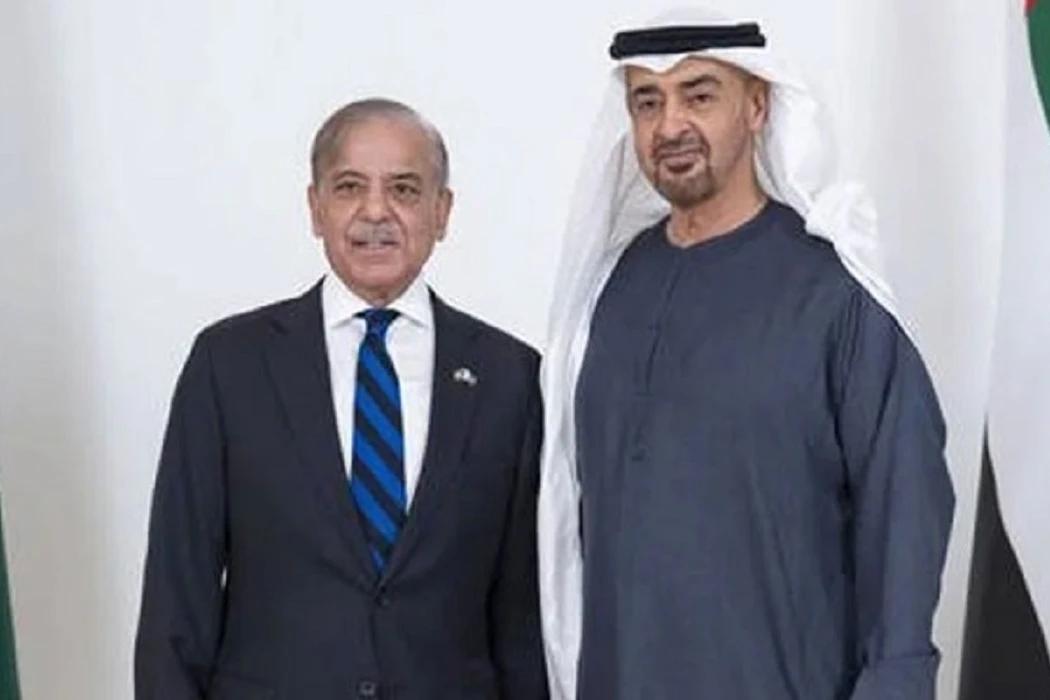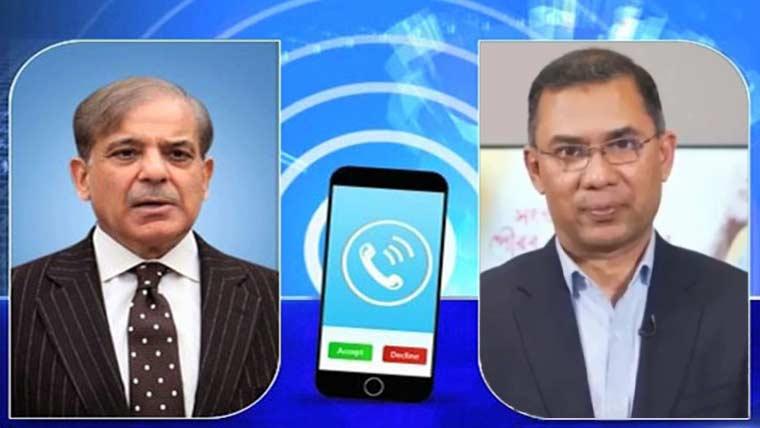"We had no other choice. People have to be patient," says power minister.

Dhaka: Bangladesh raised fuel prices by around 50% on Saturday, a move that will trim the country's subsidy burden but put more pressure on inflation that is already running above 7%.
The South Asian country's $416 billion economy has been one of the fastest-growing in the world for years.
However, soaring energy and food prices due to the Russia-Ukraine war have inflated its import bill, forcing the government to seek loans from global agencies, including the International Monetary Fund.
The price for petrol has been increased by 51.2% to 130 taka ($1.38) a litre, 95-octane gasoline by 51.7% to 135 taka and diesel and kerosene by 42.5%, the power, energy and mineral resources ministry said in a statement.
The fuel price increase was inevitable given global market conditions, the ministry added, noting state-run Bangladesh Petroleum Corporation had incurred a loss of more than 8 billion taka ($85 million) on oil sales in the six months to July.
"The new prices will not seem tolerable to everyone. But we had no other choice. People have to be patient," Nasrul Hamid, state minister for power, energy and mineral resources, told reporters on Saturday.
He said prices would be adjusted if global prices fall.
"It was necessary but I never imagined such a drastic hike. I don't know whether the government is fulfilling the prerequisite to have an IMF loan," a government official said.
Terming the government's move as 'rubbing salt in the wounds', main opposition Bangladesh Nationalist Party (BNP) Secretary General Mirza Fakhrul Islam Alamgir said the hike would have a terrible impact on the economy.
Bangladesh's inflation rate has been above 6% for nine consecutive months, and hit 7.48% in July, putting pressure on poorer families to meet their daily expenses and raising the risk of social unrest.
"We are already struggling to make ends meet. Now that the government has raised fuel prices, how will we survive?," said Mizanur Rahman, a private sector employee.
The government last raised diesel and kerosene prices by 23% in November which in turn prompted a nearly 30% rise in transport fares.
Global oil prices have eased from their highs in recent weeks and closed on Friday at their lowest levels since February, rattled by worries a recession could hit fuel demand.
Benchmark Brent crude futures fell below $95 per barrel on Friday, down from a peak of $133.18 in March.
Amid dwindling foreign exchange reserves, the government has taken a series of measures, including placing curbs on luxury goods imports and on fuel imports including liquefied natural gas (LNG) and shutting diesel-run power plants as it resorted to recurring power outages.
The country's foreign exchange reserves stood at $39.67 billion as of August 3, sufficient to cover only about five months of imports and down from $45.89 billion a year earlier.
SOURCE: Reuters
Multan hosts All Pakistan Long Range Shooting Championship
- 4 hours ago

T20World Cup high voltage clash: India set 176 run target for Pakistan to win
- a day ago

Westminster Int'l School Bahria Campus concludes Phoenix Fest & Mavericks 2026 in grand style
- 2 hours ago
Field Marshal Asim Munir vows to deepen Pak-UAE partnership
- 3 hours ago

Good Luck, Have Fun, Don’t Die is a rollicking parable about this moment in tech
- 14 hours ago

Gold prices plunge in Pakistan, global markets
- 4 hours ago
Blast near Bannu police station leaves two dead, 17 wounded
- 4 hours ago

SSWMB earns national recognition for clean Sindh initiative
- a day ago

PM invites Austrian businesses to expand investments in Pakistan
- 7 minutes ago

Field Marshal Syed Asim Munir meets global leaders during Germany visit
- a day ago

High voltage clash: India defeat pakistan by 61 Runs, qualify for Super Eight
- 21 hours ago
FinMin claims losses of SOEs plummet by around Rs74b in three years
- 4 hours ago










